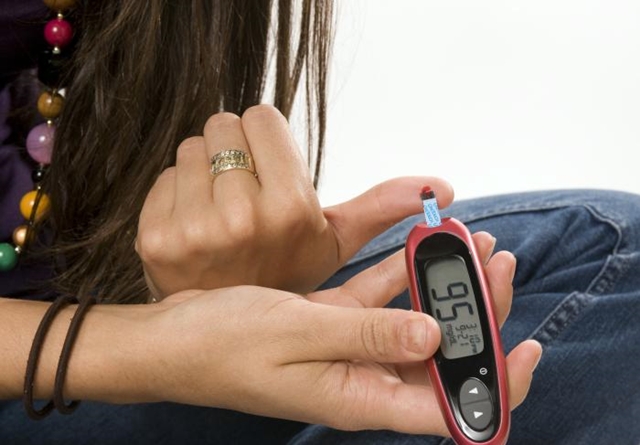17 May 2022. A company developing implants that release cell therapies is collaborating with a producer of regenerative stem cells to dispense insulin for people with diabetes. The deal calls for Evotec SE in Hamburg, Germany to take an €20 million ($CN 27 million, $US 21 million) equity stake in Sernova Corp., in London, Ontario, Canada.
Sernova Corp. is a medical device enterprise creating implanted systems releasing long-term cell therapies that function, in effect, as replacement organs. The company’s technology platform is its cell pouch, a biocompatible device implanted in the body containing cells that generate therapeutic proteins. Sernova says the cell pouch is made of natural tissue, with cylindrical chambers that microencapsulate cells within the pouch to reduce immune rejection, although immune-protective medications are still required.
For people with diabetes, the cell pouch is implanted in the abdominal wall, containing islet or beta cells in the pancreas that produce insulin. An early- and mid-stage clinical trial assessing the system’s safety among individuals with type 1 diabetes is underway at University of Chicago, but also tracking efficacy indicators such as blood glucose levels and hypoglycemic events. Sernova is adapting its cell pouch technology as well for hemophilia A, where individuals do not produce clotting factor 8 to prevent excessive bleeding.
Help people with type 1 and type 2 diabetes
Evotec discovers and develops a wide range of therapies covering metabolic diseases, oncology, neuroscience, pain, inflammation, and infectious diseases. The company works largely through collaborations with drug companies, medical device developers, and research labs providing drug discovery services. One of Evotec’s programs offers induced pluripotent stem cells, or iPSCs, adult cells derived from patients for transformation into functioning cells, as a service for discovering regenerative treatments. The company says it operates multiple iPSC lines that can produce cells in industrial quantities. Evotec says it first partnered with Harvard University’s Stem Cell Institute to develop the service, and later employed by several other drug companies and labs.
Under their agreement, Sernova is incorporating Evotec’s iPSCs that transform into pancreatic beta cells into its cell pouch for people with diabetes. The companies expect their collaboration will result in a cell pouch implant that can help people with both type 1 and type 2 diabetes dependent on regular insulin releases. The goal, say the companies, is to develop an implanted therapy for diabetes that produces an unlimited amount of insulin.
In the deal, Sernova gains access to Evotec’s iPSCs through an option to license the technology to develop treatments for type 1 and type 2 diabetes. Also under the agreement, Evotec is making an immediate €15 million equity investment in Sernova, with another €5 million investment planned for later.
“Together we will progress a highly differentiated first-in-class beta cell therapy into clinical development,” says Cord Dohrmann, chief scientist at Evotec in a statement, “with the common goal to bring a truly transformative therapy to insulin-dependent diabetic patients. The synergies of Evotec’s and Sernova’s technologies puts Sernova in position to become the world’s leader in beta cell replacement therapy.”
More from Science & Enterprise:
- Biotech Start-Up Begins Longevity Therapy Work
- University Lab Licenses Printed Kidney Tissue Process
- Preclinical Test Advances Synthetic Bio ALS Treatment
- Cell Therapy Start-Up Raises $6M in Seed Funds
- Cell Therapy Biotech Raises $75.5M in Venture Funds
We designed Science & Enterprise for busy readers including investors, researchers, entrepreneurs, and students. Except for a narrow cookies and privacy strip for first-time visitors, we have no pop-ups blocking the entire page, nor distracting animated GIF graphics. If you want to subscribe for daily email alerts, you can do that here, or find the link in the upper left-hand corner of the desktop page. The site is free, with no paywall. But, of course, donations are gratefully accepted.
* * *


 RSS - Posts
RSS - Posts
You must be logged in to post a comment.